Our News, Your News
By Jack Hargreaves, January 31, '21
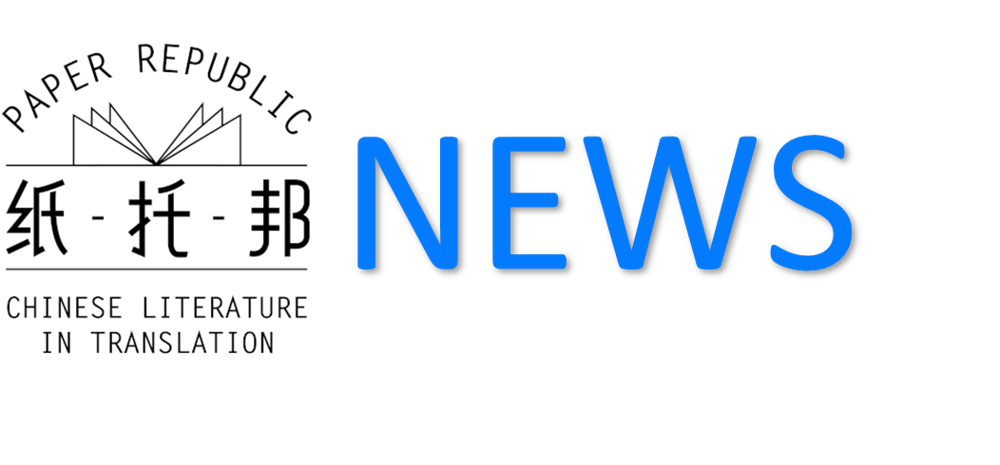
Hi all! Lots of events to be excited about in the next month or two, plus plenty of reading to be getting on with. Anyway, have a lovely two weeks and we'll see you same time, same place in a fortnight.
More…
By Jack Hargreaves, January 29, '21
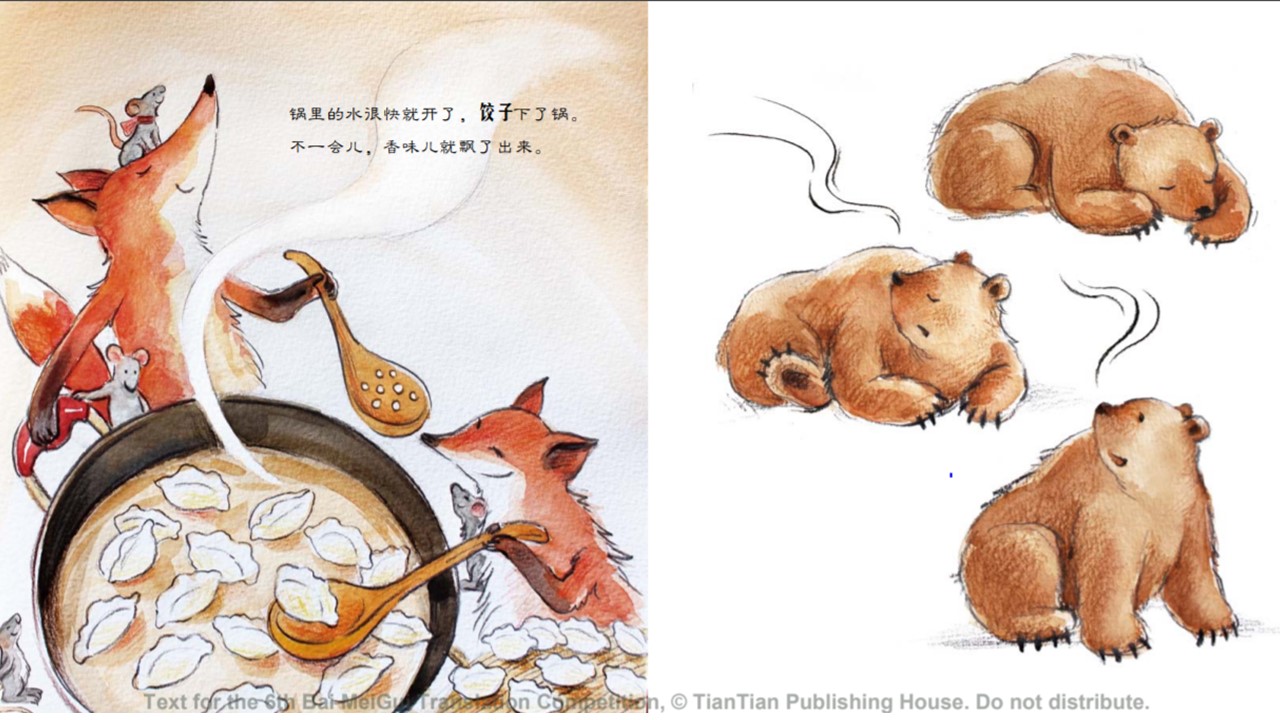
We're back! And we're starting 2021 with two sentences from two wonderful children's books.
The first is from 《好困好困新年》by Meng Yanan 孟亚楠, translated by winner of the 6th Bai Meigui Translation Competition, Izzy Hasson, as Sleepy, Sleepy New Year and published by Balestier Press.
The second is from 《我要作好孩子》 by Huang Beijia 黄蓓佳, translated by Nicky Harman as I Want to Be Good, to be published by New Classic Press this February.
The sentences and their context are below, but first some brief instructions for those joining us for the first time or in case 2020 has made you forget how this works.
- You have two weeks to complete your own translations of the sentences below.
- Once you're happy with them, post them in the comments at the bottom of the page. If you like, tell us what you liked about doing the translation or about the text or what you found difficult.
- Read others' translations, ask them questions in the comments, admire their work and generally just geek out as much as you like!
[Pictures reproduced by kind permission of the publisher.]
More…
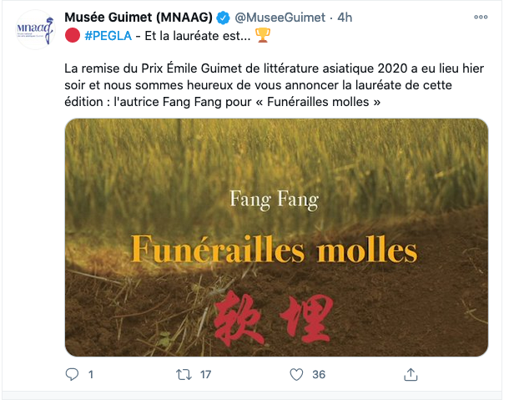
France's Prix Émile Guimet de littérature asiatique (Émile Guimet Prize for Asian Literature) has been awarded to Fang Fang (方方) for her novel, Soft Burial (软埋), translated by Brigitte Duzan as Funérailles molles.
PRC citizens may be a bit surprised --- when and if they hear the news --- since the novel was reportedly taken off retail bookshelves some time ago.
For the video of an interview with Duzan (in French) in which she discusses Funérailles molles, visit here and fast-forward to 33:00.
Fang Fang is also the author of the controversial Wuhan Diary: Dispatches from a Quarantined City (武汉日记), translated into English by Michael Berry.
Duzan hosts a weblog about Chinese short stories, as well as one highlighting Chinese cinema, and frequently leaves comments here on Paper Republic.
By Eric Abrahamsen, January 21, '21
A few days ago we published a statement on the site regarding Paper Republic's stance on racism, and support for BIPOC translators. After more discussion with the community, we posted a further statement on Twitter, which we're reposting here:
Paper Republic condemns the racism that has played, and continues to play, a fundamental role in shaping the fields of translation and publishing, and in preventing the voices of BIPOC translators from being heard.
We condemn racist translation practices both overt and covert, including bridge translation, and any other practice which devalues or discounts the work of BIPOC translators.
We apologize to Yilin Wang for the personal racist attacks she's had to endure during the course of this exchange, and we apologize to everyone watching for how long it's taken us to respond appropriately to the situation.
Our immediate course of action will be to take responsibility for community postings on Paper Republic: we will no longer permit unmoderated posts.
For the longer term, we are starting conversations with people in the community, and are considering what active programming we can put in place to support BIPOC translators and writers.
This initiative will require more research; we're likely to take Yilin's suggestion of either a community survey, or a "town hall" type event.
By Jack Hargreaves, January 20, '21
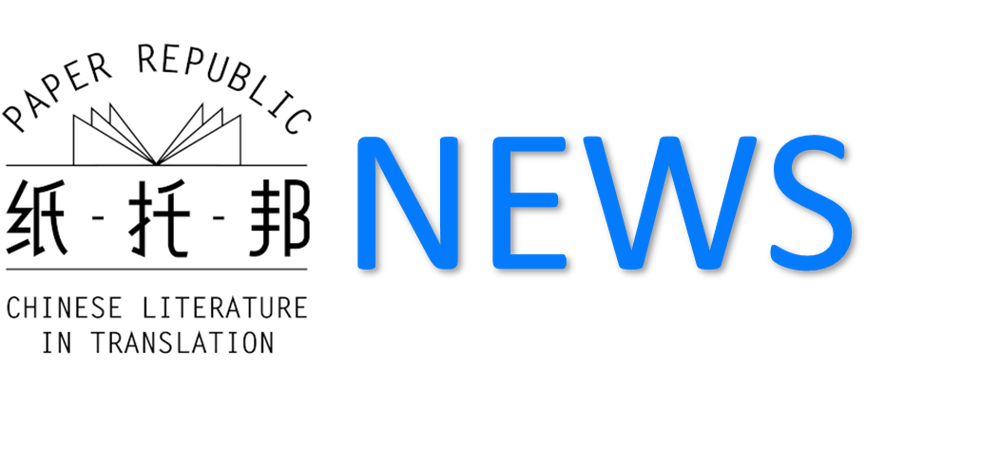
Here it is, what you've all been waiting for, the definitive round-up of all things Chinese / literature / translation / everything in-between.
It was brilliant after the first instalment to receive requests for newsletter subscription, which is definitely our aim -- to have this drop in your inbox every two weeks -- but for now it remains in its nascent form.
If there's anything you'd like to see more of, less of, just the right amount of, please comment below. If you've stumbled upon news we've missed, or on any stories or extracts (I've found zero (EDIT: two)), pop them in the comments too.
See you again in two weeks!
More…
By Bruce Humes, January 20, '21
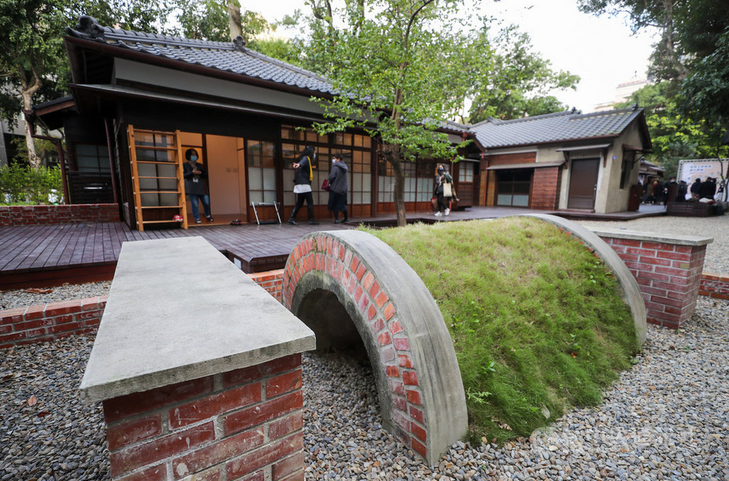
A group of historical buildings in Taipei has been given a new lease on life and rechristened as the Taiwan Literature Base (台灣文學基地).
One of its functions: Writers in Residence Project. Hopefully, this will eventually evolve into one where translators can meet up with local authors.
Comprised of seven Japanese-style edifices, the 1,157-square meter complex used to house dormitories for Japanese officials in the colonial period before the facility was repurposed to become a hub for literary exchanges.
Taiwan generally refers to the 1895-1945 period of rule by the Japanese as 日治台灣, while on the mainland, the same period in Taiwan is often referred to using the adjective 日據.
Click here for a tour in English.
The project appears to be co-sponsored by Tainan's Literature Museum (台灣文學館), where I happily worked on translation projects 5-6 days weekly during 2019-20.
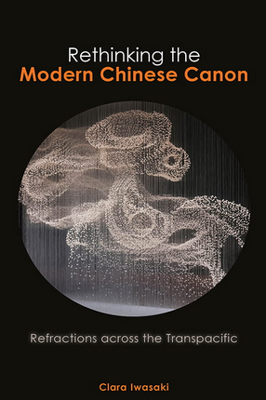
. . . Iwasaki looks at four writers, Xiao Hong, Yu Dafu, Lao She, and Zhang Ailing, through what she calls refractive relations. Following transpacific circuits, these writers and texts move not simply from periphery to center, or from obscurity to canon, but back and forth between literary, linguistic, and national communities. Many literary encounters today have their origin in meetings of authors and texts decades earlier. Rather than focusing on a single text, this book focuses on the relationship between the different works and how these texts acquire meaning when read in relation to each other.
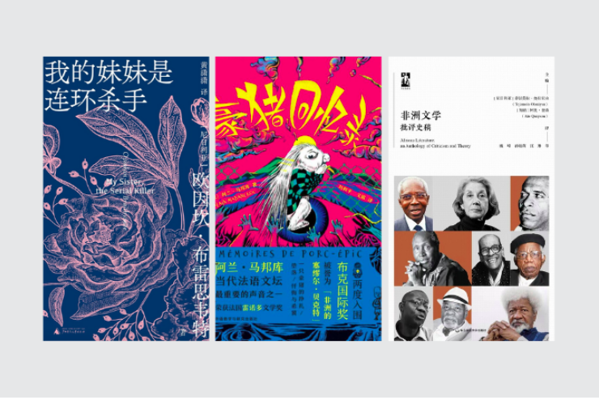
By Eric Abrahamsen, January 12, '21
Some recent discussion about bridge translations – starting with this
Asymptote article, and Charles Laughlin’s response to it here on Paper Republic –
have led to some discussion on Twitter. As part of that, Yilin Wang
has publicly asked Paper Republic for a statement on our position
regarding BIPOC translators, and acknowledging white translators’
systemic privilege in the field.
We are absolutely in support of BIPOC translators and their growing
prominence as translators of Chinese literature. The translation and
publishing industries have been tainted by exoticism and orientalism,
as a result of being dominated by white voices. We believe that the
single most positive trend in the translation of Chinese literature
over the past few decades has been the gradually-growing inclusion of
translators with personal roots in the language and culture. From the
dominance of academics (primarily white academics), to the rise of
(still mostly white) “professional translators”, the past few years
have seen a new wave of translators and writers who are either
heritage speakers of the language, or are native Chinese speakers who
are making their voices heard within English-speaking countries. We look forward to more such
translators appearing on the stage.
This process has also helped us realize that Paper Republic’s
editorial policy is anything but clear. Our platform allows anyone working in Chinese literature and translation
can post about themselves, their projects, and their points of view on
related issues. We do not solicit postings, nor do we vet them in
advance. The
current management team is mostly focused on projects related to
education and short translations; the “blog-like” part of the site is
open to anyone with an account on the site.
Currently 78 people have accounts on Paper Republic, the vast majority
of them translators, and anyone with an account can post. We (the
management team) encourage any and all translators to ask for Paper
Republic accounts, and to use the site to amplify their voices however
they like.
We’re realizing that none of the above is obvious, at all. We’re working on a new version of the site that should make this
clearer. In the meantime, we restate our support for all translators,
particularly the BIPOC translators we believe are the future, and we
hope that Paper Republic can continue to serve as an open forum for
all.
Event - 12 Jan 2021 - Paola Iovene (Chicago) will investigate how local museums and the national radio have recreated the authorial persona of the writer Lu Yao (hailed as a “literary giant”) and popularized his fiction beyond the written page. The other speaker, Eve Lin (Freiburg), will discuss the vicissitudes of post-Mao China’s reading culture and its high culture legacy by tracing how the concept of “Avant-Garde” mutates over the years in bookstores. Nicolai Volland (Pennsylvania) will act as discussant.
By Charles Laughlin, January 11, '21
Thanks to a tweet from Yilin Wang, I came across an article in Asymptote, Jen Calleja and Sophie Collins, "She knows too much: 'Bridge Translations,' 'Literal Translations,' and Long-Term Harm", which discusses how some collaborative literary translation projects and workshops have perpetuated the problematic distinction between "literal" and "artistic" translations.
This is a fascinating and well-argued article. I agree completely with the thesis that translators are marginalized and it is surprising in a moment when their creative agency is beginning to be recognized, that the act of translating is still often obscured or buried as in the (arguably extreme) example cited in Eleanor Goodman’s epigraph. I would like to point out, however, that I contributed to what I think was a more reasonable project, Zhang Er and Chen Dongdong, eds., Another Kind of Nation: An Anthology of Contemporary Chinese Poetry (Talisman, 2007), as a collaborative translator working with a published American poet in a way that resonates with the distinction between "bridge translator" and "real writer." I came away with a vivid sense of how invaluable the contribution of the poet was to my rendition, after quite vigorous give-and-take. If Calleja and Collins’ article clarified anything for me, it was that I probably have not yet attained the status of a literary translator, and that I may not belong to the class defended by the authors, as Eleanor Goodman and many others in the Chinese to English field who themselves are creative writers and often have training in creative writing do. Even if it can (and should) be said that the idea of a literal or bridge translator is unhelpful, misleading or harmful, I think it could also be said that many like myself who translate are academics who arguably were trained to be “literal translators,” sometimes despite ourselves.
I think that while it is essential to assert the subjective and creative aspects of every act of translation, whether conceived of as literal or liberal, at the same time I disagree with the apparent implication that there is no meaningful distinction between a rendition that cleaves closely to the syntax of the source text (and is thus in many cases more ungainly in the target language), and one that soars freely in the target idiom, and which critics and readers would usually value more highly. I agree that the idea of “fidelity” is not useful in clarifying this distinction. But as an instructor of literary translation and a grader of (nonliterary) Chinese-to-English translation exams for the American Translator’s Association, I find the article’s inattention of the role of grammatical and rhetorical structures of the source text as a basis for the idea of a “literal” or “bridge” translation troubling. I would never rely on the degree of adherence to the structure of a source text as an important criterion for evaluating a literary translation, yet I believe the ability to grasp and render those structures, as a matter of academic exercise, is a fundamental ability of any translator, literary or otherwise.
By Jack Hargreaves, January 6, '21
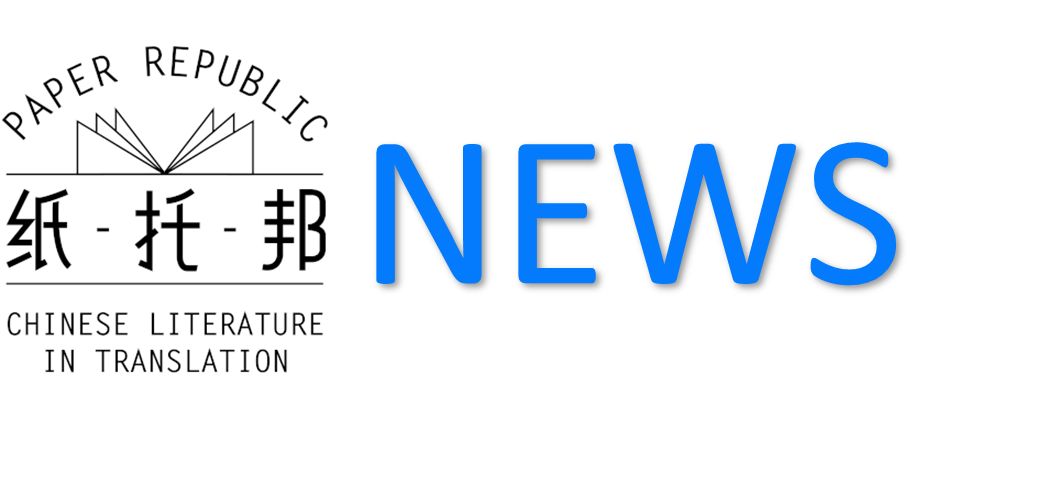
This is the first of a regular news post we're going to be running. For now it will take the form of a round-up of recent news links and upcoming events relevant to Chinese literature and its translation.
If there are specific kinds of links/news you would like to see in the future, mention it in the comments below. Also, if there's anything we've missed, post below too. Thanks!
More…
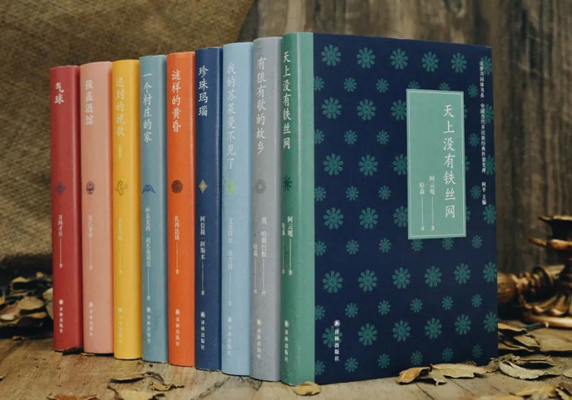
As your year-end holiday lockdown fast approaches, it’s worth noting a new series of books by non-Han writers launched this year by one of China’s best-known publishers, Yilin Press — lit., “translation forest” — that is normally associated with marketing popular foreign-language fiction in Mandarin for Chinese readers.
The name of the series itself, Library of Contemporary Classics by China’s Multi-ethnic Writers (中国当代多民族经典作家文库), is notable, because it employs the term “multi-ethnic” rather than the former politically correct, ubiquitous reference to “minority ethnic” literature (少数民族文学) that must surely have rankled some.
By Nicky Harman, December 19, '20
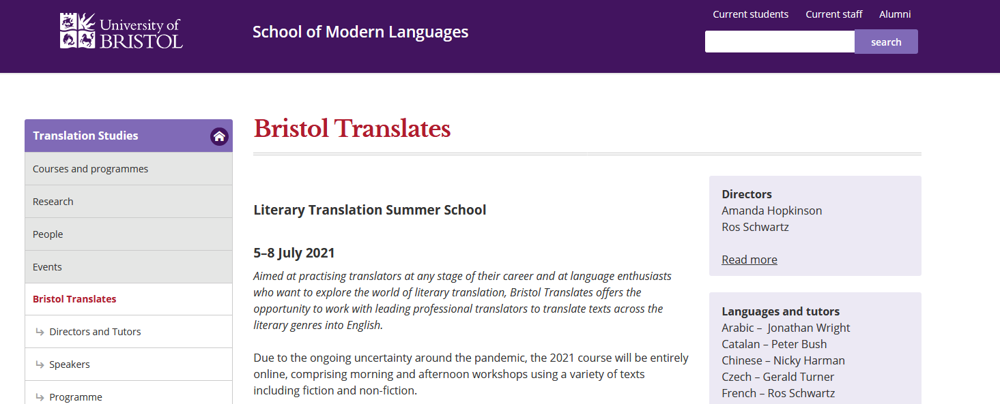
Bristol Translates Literary Translation Summer School, 5–8 July 2021
INCLUDES A CHINESE-TO-ENGLISH OPTION
Aimed at practising translators at any stage of their career and at language enthusiasts who want to explore the world of literary translation, Bristol Translates offers the opportunity to work with leading professional translators to translate texts across the literary genres into English. Due to the ongoing uncertainty around the pandemic, the 2021 course will be entirely online, comprising morning and afternoon workshops using a variety of texts including fiction and non-fiction.
http://www.bristol.ac.uk/sml/translation-studies/bristol-translates/
By Nicky Harman, December 17, '20

It's an honour to post this fascinating essay by Mike Fu, on the backstory behind his translation of Sanmao's Stories of the Sahara.
One of the first things that struck me about Sanmao’s writing was its casual cross-cultural sensibilities. As the narrator and protagonist of Stories of the Sahara, Sanmao settles into life in colonial Africa and spends her days bantering with her husband José, pushing the buttons of the local bureaucrats, and befriending neighbors, store clerks, and hitchhikers. From chapter to chapter, she might reminisce about the “good old days” in Madrid, pine for her native Taiwan, or talk about popular English-language films of the ‘60s and ‘70s. José’s nickname for her is “stranger,” after the novel by Camus. Meanwhile, Sanmao articulates a mythic Chinese cultural lineage – of five thousand years, naturally – to all those around her, slipping in references to Sun Wukong, Zhuangzi, Xin Qiji, and other figures in her narratives.
More…












